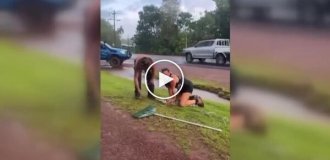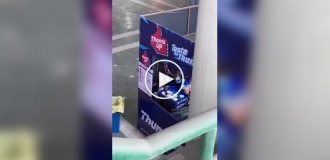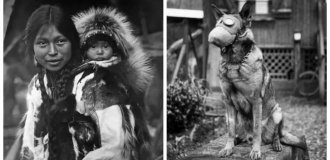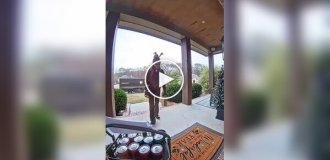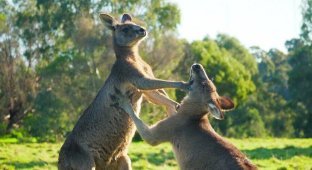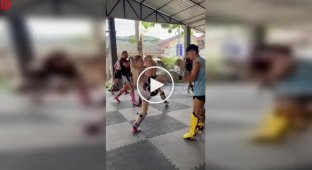'Mini-kangaroos' are back in South Australia after 100 years (5 photos + 1 video)
Charming marsupials, similar to "mini-kangaroos", returning to southern Australia - after their disappearance from the region more than 100 years have passed. 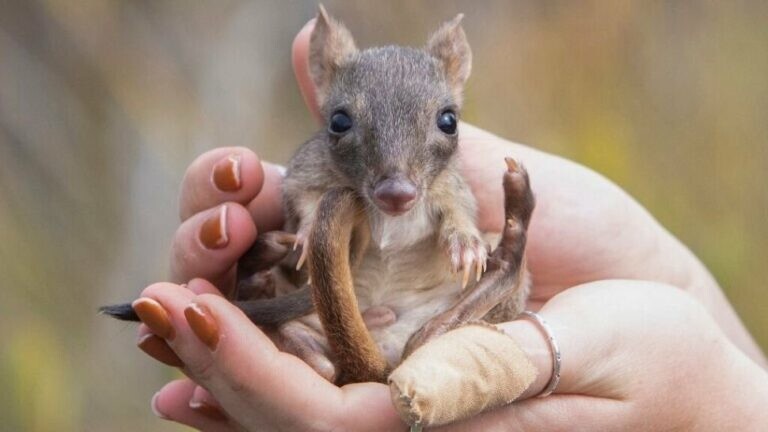
Brush-tailed bettongs (Bettongia penicillata), also known as yalgiri in the language of the local Narungga people, are energetic creatures that once inhabited much of Australia.
Over the past two centuries, their numbers have declined due to foxes and wild cats, as well as habitat loss. Now only several thousand survive in some regions of Western Australia, in reserves and islands. But recently the mini-marsupials have returned south. thanks to conservationists. 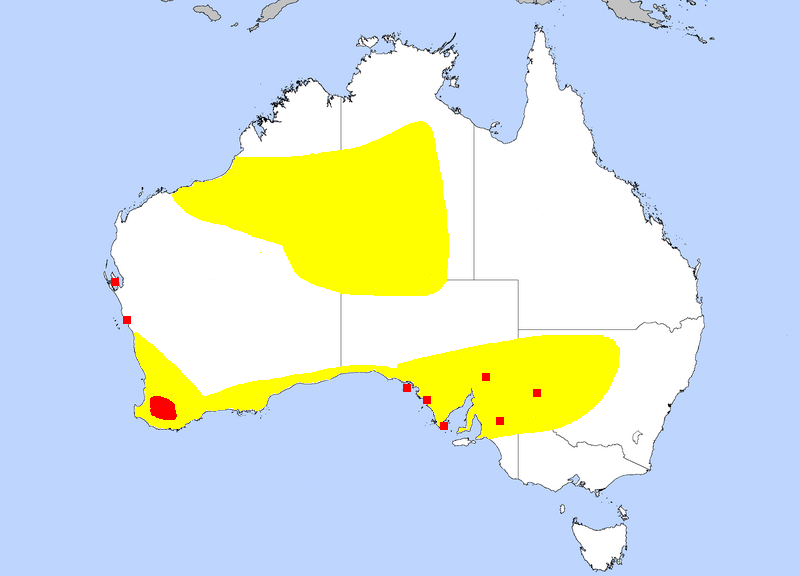
Historical range of Bettongia penicillata in yellow, current range in red
“They look like smaller kangaroos. They have strong legs and carry their cubs in a pouch like a kangaroo, but weigh only one and a half kilograms,” Derek Sandow, environmentalist from North and York Landscape Council in South Australia. 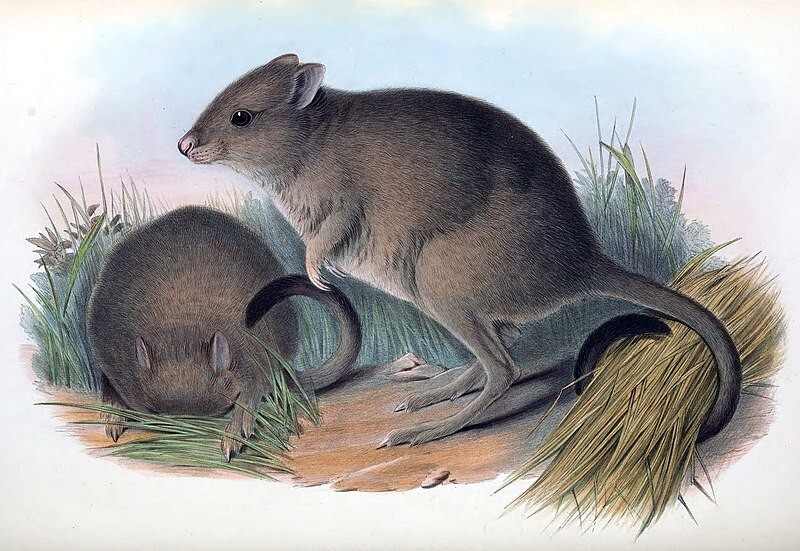
Sandow is part of a wildlife research team that August 2021 tagged and reintroduced 120 brushtails bettongs to the York Peninsula, near Adelaide, in the hope that the population will recover. Animals have been moved from a nearby island Wedge and from the Upper Warren region of Western Australia. In order to to stimulate the growth of the population, a fence was built to protect bettongs from predators. 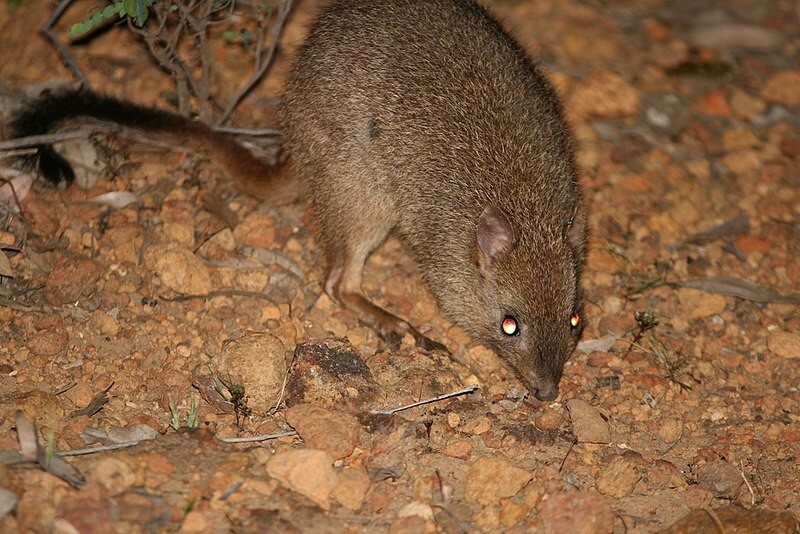
The event can already be called a success. recent monitoring showed that 40% of bettongs caught in South Australia were not marked, which means that they were born after the moment reintroduction. 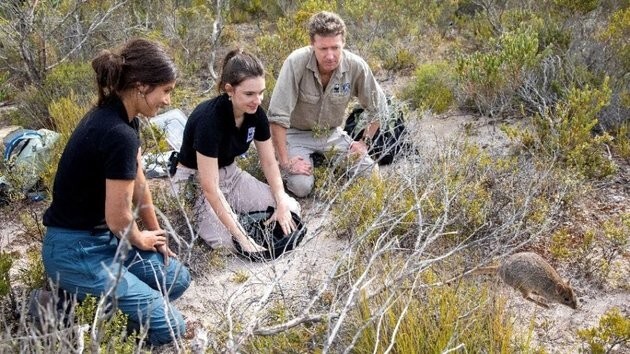
Researchers observe reintroduced bettong
Brush-tailed bettong breed constantly, and females can give birth to three cubs each year, each of which spends up to 98 days. If their population can recover, Sandow said, these tiny marsupials can significantly change the local landscape.
“A small number of bettongs can move tons of soil per year because they dig the ground and create small micro-environments for water infiltration. These animals stay away from green plants, preferring mushrooms, bulbs, seeds, insects and resin,” said Sandow.
